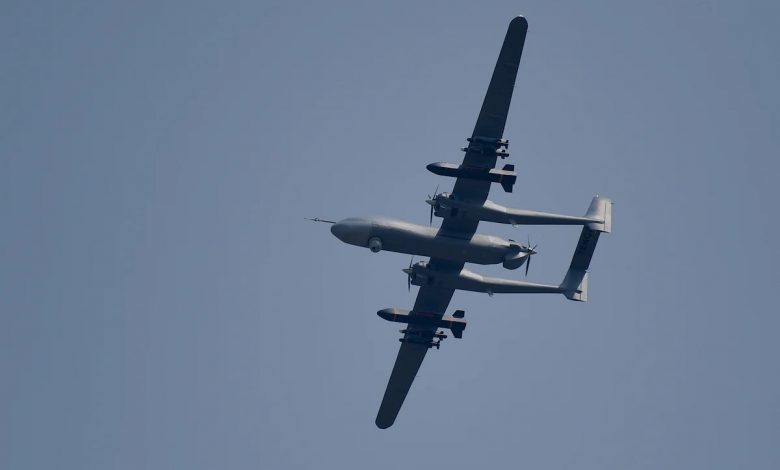China Opens High-Altitude Drone Testing Station in Tibet

China has launched a new proving ground for unmanned aerial systems (UAS) in Ngari, Tibet, according to state media.
Inaugurated in September, the “Ali” testing center is located at more than 4,500 meters (14,760 feet) above sea level.
Officials said the site will enable the country to test large drones in extreme conditions, generating data for future development while also evaluating autonomous performance in scenarios similar to those of mountain rescue, road inspections, and tourism services.
Beijing noted that the station is part of a broader three-year action plan that has already produced firefighting and emergency UAS capable of operating on the plateau, marking a shift from early concepts to working equipment.
“Ngari, located on the western Tibetan Plateau, is a key transportation and logistics hub in western Tibet,” said Shi Yuhui, deputy secretary of the Ngari Prefectural Party Committee.
“With its diverse topography, low oxygen levels, and complex airflow … [it makes] it the ultimate testing ground for aircraft.”
Simultaneously with the opening, multiple social media posts tied to the Ali drone facility mentioned a new high-altitude UAS called “Ali Yundun-1.”
However, Chinese authorities have not confirmed the existence of the aircraft or released any details about its specifications.
Cultivating Local Expertise and Industry
Chen Liang, deputy director of the National Key Laboratory of High-Energy and High-Power Pulsed Power Sources, stated that the laboratory will conduct research tailored to the region’s environment to enhance drone adaptability and reduce development costs for local companies.
Yuan Jianping, expert on UN Sustainable Development Goals and former vice president of Northwestern Polytechnical University in Shaanxi, added that Ngari’s vast airspace and demand for services could fuel what officials call a “low-altitude economy.”
“Developing the low-altitude economy will not only unlock the potential of industries such as tourism, logistics, and emergency rescue, but will also inject new momentum into high-quality development in border regions,” Yuan said.
Yuan also stated that Northwestern Polytechnical University will collaborate with local governments and businesses to establish a research and training base focused on technology, talent development, and commercial applications.





